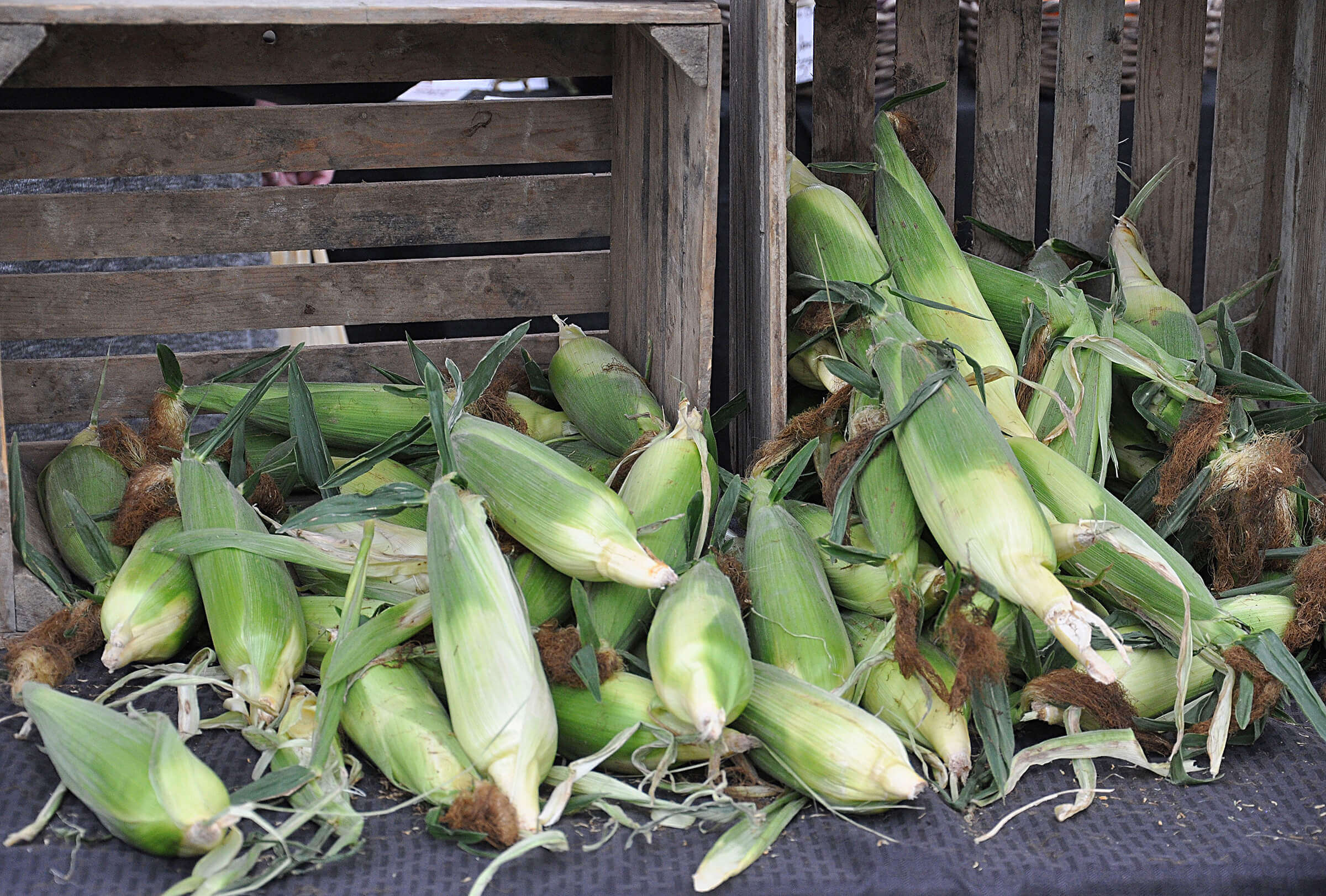Colleges at Purdue join virtual food drive to support Food Finders
Over the past nine years Purdue University’s College of Agriculture has collected a total of 319,438 pounds of food to donate to Food Finders Food Bank during its annual food drive. This year’s food drive will look a little different, as the majority of faculty, students and staff are working and studying remotely due to the COVID-19 virus.
Instead of gathering food donations, the college will collect monetary contributions online. The College of Agriculture is joined in the food drive by seven other major academic units — Purdue Libraries; School of Information Studies; the colleges of Engineering, Health and Human Sciences, Pharmacy, Science and Veterinary Medicine; the Honors College; and Polytechnic Institute.
“Never has it been more important to ensure that our community is strong, healthy and secure, and that means making sure everyone has access to food,” said Karen Plaut, the Glenn W. Sample Dean of Agriculture. “Food Finders serves 16 counties, including Tippecanoe County, and our colleges can play a critical role in providing this vital resource to Hoosiers.”
The virtual food drive will run through April 17. All of the money raised will go directly to Food Finders. According to Food Finders, every dollar donated translates into roughly three meals and $25 provides approximately 75 meals. Melissa Funk, administrative assistant in Agriculture’s Office of Multicultural Programs, has organized the food drive over the past several years, including this year’s virtual drive. People are looking for ways to help right now while still maintaining social distancing, Funk said, and this is a great option to aid the community directly.
One in eight people in North Central Indiana suffers from food insecurity. With unemployment on the rise throughout the state and country due to COVID-19, those numbers are likely to rise.
 Corn sold at a local farmers market. (Tom Campbell for the College of Agriculture, 2016.)
Corn sold at a local farmers market. (Tom Campbell for the College of Agriculture, 2016.) 




